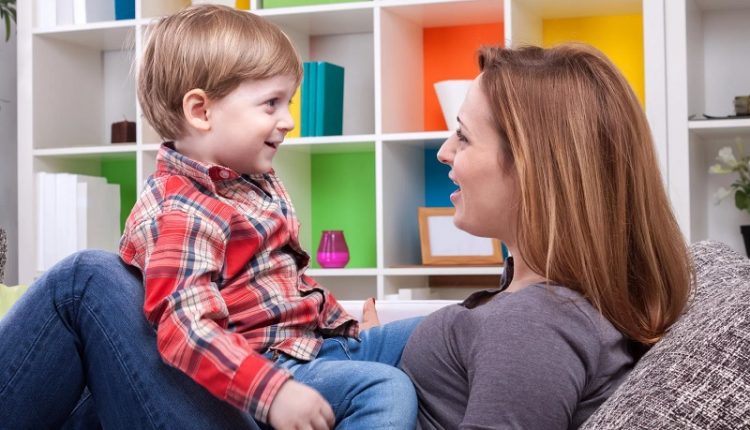If you are a parent of a child with a disability or a kid who has a developmental delay, you’ll pay a crucial role in their speech and communication. There is a whole host of things you can do in your home to support their learning and help them to reach certain goals. You know your kid better than anyone, so you are in a unique position to enhance their growth.
Specialist Help
If your child is going to a speech pathologist or any other type of specialist who works on their communication skills, you can still do some things at home to ensure they progress at a healthy rate. When they come home from therapy sessions, they should have a long list of games and activities they can do with their parents.
Although it can be frustrating at times, if you stay relaxed and patient, you can have a lot of fun with your child. If you need help finding a speech therapist or any other type of disability specialist, have a look at this site for more details and information –https://www.perthealthcare.com.au. A registered NDIS disability service provider can help you and your child get the attention you deserve. They specialise in a range of services, some of which include:
- Respite Care
- Disability Support
- School Holiday Programme
They work with all members of society, from young children to older adults. You’ll find all the information you need on respite support, school holidays programmes and more.
Practicing Communication at Home
Although your child has access to a skilled speech pathologist, doesn’t mean you should let them do all the work. There are little things you can do to supplement their learning, such as working on activities and fun games at home. Here are some tips for getting the best out of your child and helping them to advance their communication skills.
- Let Them Lead
There are many ways to help your child communicate better, one idea is to let them choose their favourite toy and encourage them to talk about it. Even if it isn’t part of their regular activity, give them a choice and let it develop from there.
- Listening Skills
One of the most important parts of communication is having good listening skills. Let your child listen to sounds and then discuss what you’ve just heard.
- Don’t Question
You shouldn’t test them when learning, just focus on a two-way conversation.
- Help Them Extend Sentences
If they give basic commands, help them extend their sentences. For example, if your child says. “read book”, extend their sentence and help them to understand more.
- Improve Vocabulary
The best way to improve their vocabulary is to read them books and encourage them to interact.
If you have the patience, you can easily help to improve your child’s communication and speech at home. You need to set a specific time aside and try to work with them on their activities. You should always try to make it fun, so they are interested in the subject you are teaching. Practicing communication skills at home is always a good thing.


Comments are closed.